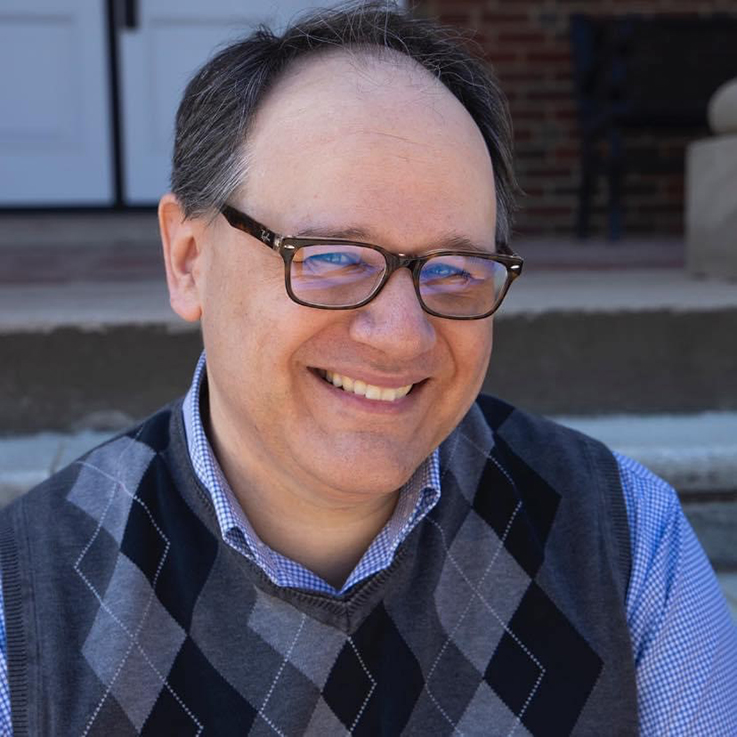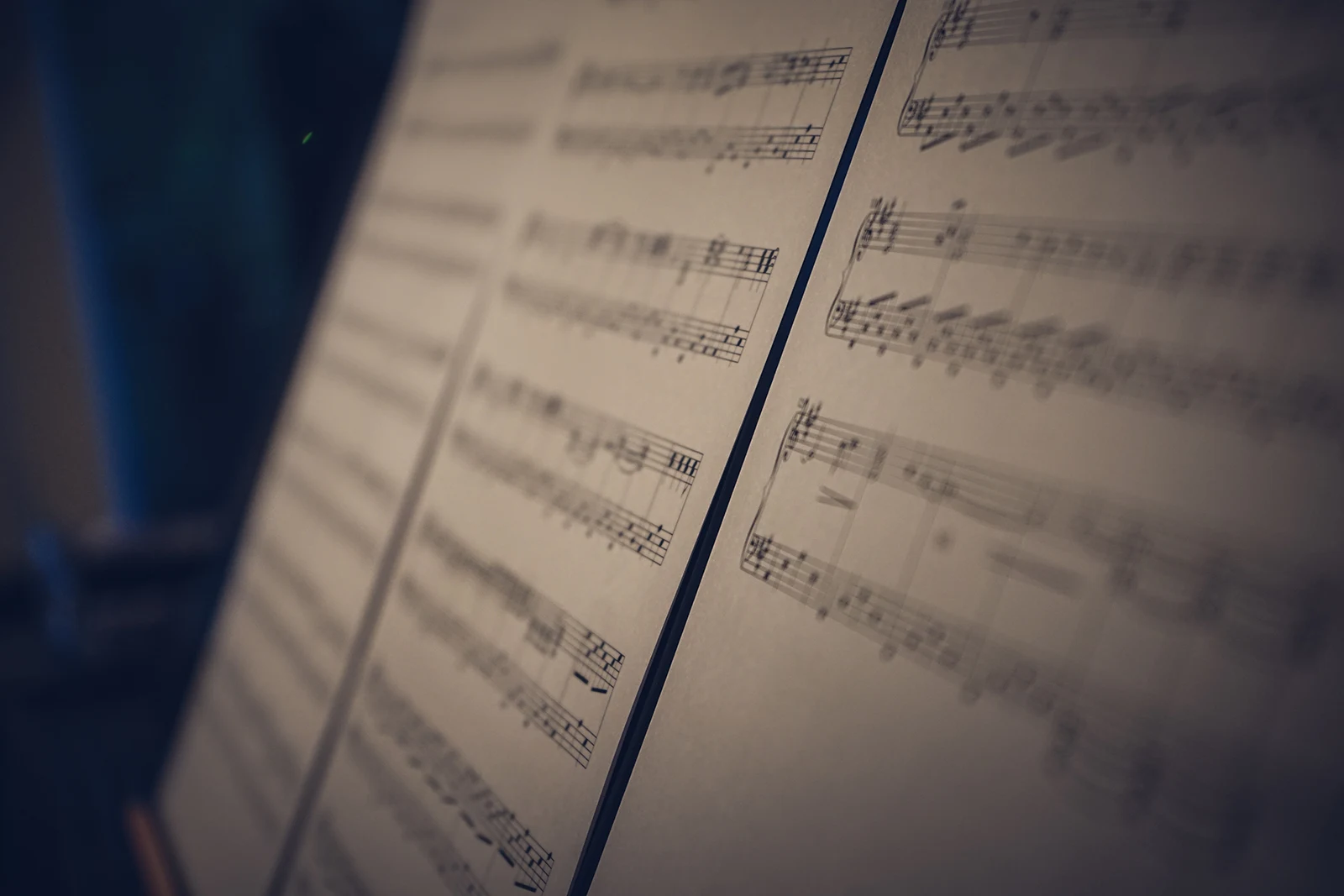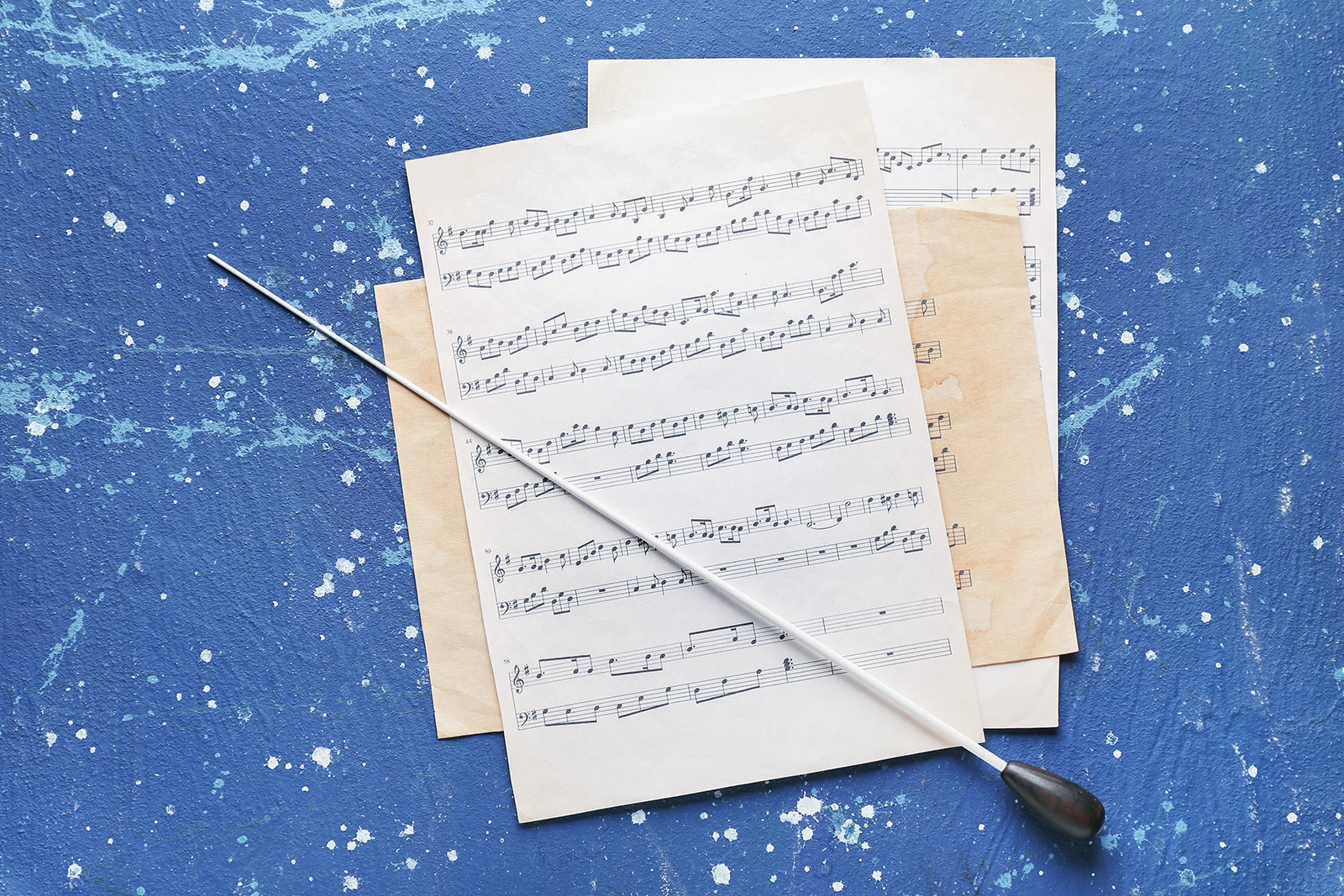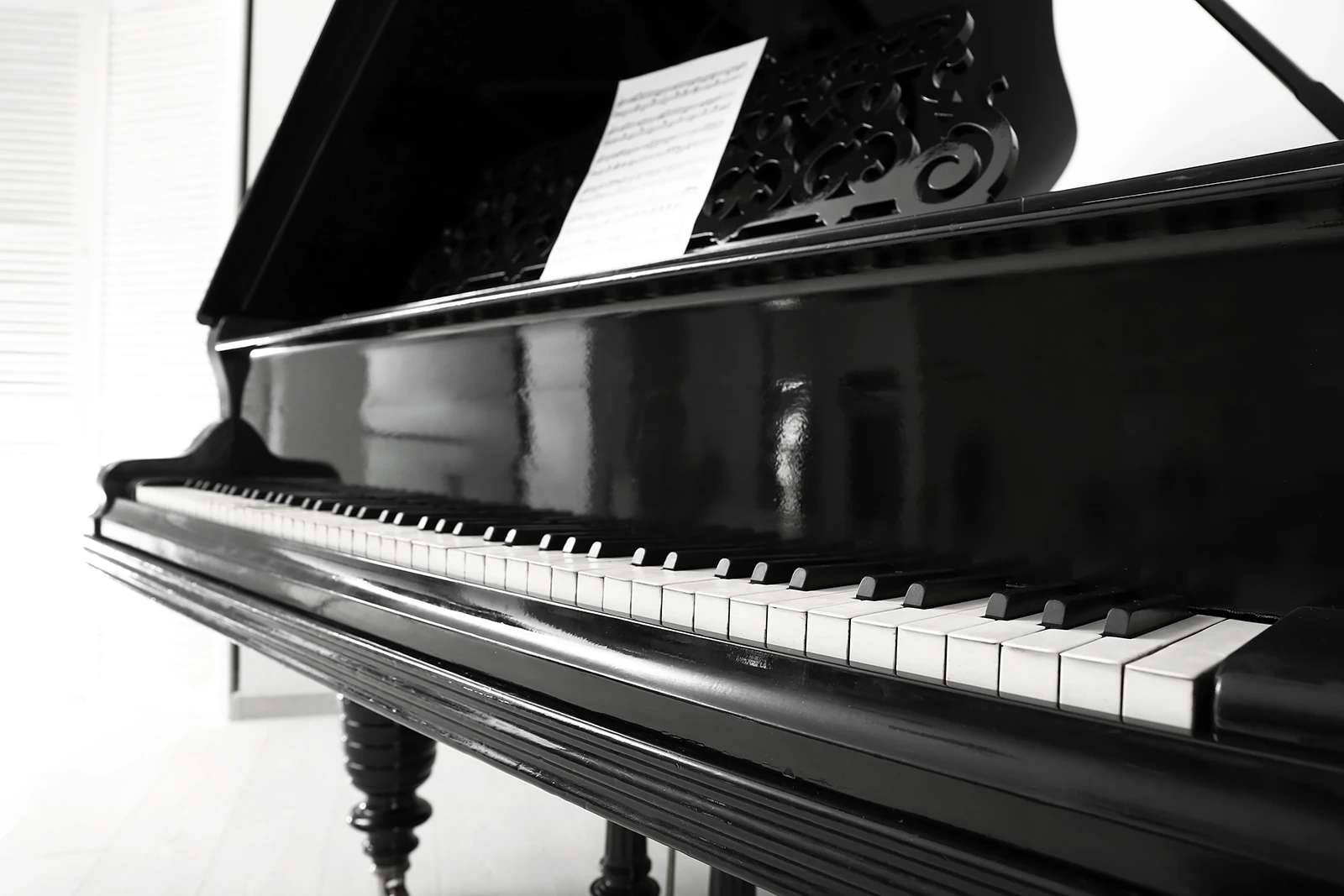It is an exciting time to be a band director! We are in the midst of the greatest expansion of our repertoire since the 1950’s when the foundational works of our medium were being written by Vincent Persichetti, William Schuman, Norman Dello Joio, and a host of others. Additionally, the number of high quality works written for elementary and middle school band over the last 20-30 years provides us with the repertoire to create a comprehensive instrumental music education curriculum for our students. More and more composers, both established and emerging, are choosing to write for band. The possibilities of multiple performances, as well as the potential for their works to become part of the standard repertoire, are incredibly attractive options to composers looking for venues for their labors.
The only downside of this rapid expansion is that many high quality works by some of America’s best composers have become forgotten over time. This is not a criticism of our programming, or our efforts to demonstrate to our students that quality music can be created by living composers. Rather, it is unintended side effect of our efforts to keep current in our discipline. From my own experiences as a band director, it is often overwhelming to see the number of new pieces that enter our repertoire on a yearly basis. The purpose of these next two articles is to reintroduce some of the classic works for band that have been forgotten over the years, and to reconnect with some of the pioneers that composed foundational works of our repertoire.
Martin Mailman (1932-2000)
Martin Mailman served as Regents Professor of Music at the University of North Texas, as well as composer in residence at East Carolina University. His education included the MM and DMA in Composition from the Eastman School of Music where he studied with Louis Mennini, Wayne Barlow, Bernard Rogers, and Howard Hanson. From 1959-1960, Dr. Mailman served as one of the first Ford Foundation Composers, a program funded by the Ford Motor Company that was initially administrated by Norman Dello Joio. This program placed composers at the beginning of their careers in locations all across the United States, where the established relationships and created original works for the school age students living in these communities. Many of the composers in this article, as well as last month’s, served as Ford Foundation Composers at the beginning of their respective careers. Dr. Mailman was the recipient of several grants and awards for his band compositions, including two ABA/Ostwald awards and the National Band Association Award.
Dr. Mailman’s compositions for band include works appropriate for high school as well as collegiate ensembles. His Liturgical Music for Band is one of the finest works in his catalog for high school band, as well as his Boquets for Band. He has also written a series of five Geometrics for band, as well as concerti for clarinet and trumpet with band accompaniment.
Neslon Keyes (1928-1987)
Following appointments as a Ford Foundation Composer, and teaching positions at the University of Southern California and Kansas State University, Nelson Keyes served out the rest of his career as Professor of Composition at the University of Louisville. Dr. Keyes’ composition teachers included Halsey Stevens, Ingolf Dahl, Kent Kennan, and Arnold Schoenberg. His catalog includes a large number of works for chamber ensembles, band, orchestra, and solo piano. One of Dr. Keyes’ finest compositions for band is his spirited Bandances as well as his Concert Music for Band.
Donald H. White (1921-2016)
Donald White had a very long and distinguished career as a composer, teacher, and collegiate administrator. He held degrees from Temple University, the Philadelphia Conservatory, and the Eastman School of Music where his teachers included Vincent Persichetti, Benard Rogers, and Howard Hanson. He began his career at DePauw University in 1947 where he was Professor of Composition until 1980. His final academic appointment was at Central Washington University where he chaired the music department until his retirement. Dr. White wrote a number of remarkable works for band, including Ambrosian Hymn Variants, the Miniature Set for Band, and the Concerto for Timpani, Winds, and Percussion.
Arthur Frackenpohl (b. 1924)
Dr. Frackenpohl is another distinguished member of the Ford Foundation Composers collective where he served as composer in residence for the Hempstead, New York, public schools from 1959-1960. He holds degrees from the Eastman School of Music and McGill University, with additional studies at the Tanglewood Institute (Darius Milhaud) and Fountainbleau in Paris, France (Nadia Boulanger). Dr. Frackenpohl spent his entire career at the Crane School of Music at the State University of New York at Potsdam where he was Professor of Music and Coordinator of Keyboard Studies. His band catalog includes compositions appropriate for numerous ability levels, including his American Folk Song Suite, Candlewood Capers, Dance Overture, Diversion in F, and the Variations for Tuba and Winds.
Ceasar Giovannini (1925-2017)
After completing formal studies at the Chicago Conservatory of Music in 1948, Giovannini joined the NBC broadcasting network in Chicago where he was employed as a staff composer. During 1956-57, he was the music director for the Kukla, Fran and Ollie television show. From 1961-1976, he performed as a pianist for several movie soundtracks, including the science fiction classic Soylent Green starring Charlton Heston. Perhaps his most famous composition for band is his Overture in B flat, however he composed several other works (scored by Wayne Robinson) that deserve a wider audience: All Barocco, El Torero, Overture to New Era, and Chorale and Capriccio.
Jan Bach (b. 1937)
Illinois native Jan Bach earned a DMA in Composition from the University of Illinios in 1971, and spent his entire academic career at Northern Illinios Univeristy (1966-2004). Dr. Bach’s composition teachers include Aaron Copland, Roberto Gerhard, Kenneth Gaburo, Robert Kelly, and Thea Musgrave. Dr. Bach has a very diverse catalog for several instrumental forces, as well as a diverse collection of pieces for wind ensemble. Two of his finest compositions are the Praetorius Suite (music arranged from Terpsichore) and an orchestration of the Courtly Dances from Benjamin Britten’s opera, Gloriana.
Joeseph Kreines (b. 1936)
Chicago native Joseph Kreines has had a unique and diverse career as a conductor, composer, arranger, and educator. His professional affiliations include the Florida Symphony Orchestra, Brevard Symphony, and the University of Central Florida. In 2004, we was inducted into the Roll of Distinction in the Florida Bandmasters Association Hall of Fame. Mr. Kreines has been prolific as an orchestrator and arranger, producing several arrangements of the orchestral canon for younger musicians. Worthy of mention are his arrangements of Percy Grainger’s music, including Harvest Hymn, Mock Morris, Sussex Mummer’s Christmas Carol, and the Danish Folk Music Suite. His original compositions for band, many written for young band, include the Short Suites for Band, Three American Folk Songs, Scarborough Fair, the Scottish Folk Song Set, and the Irish Folk Song Set.
Stay tuned for Part Two!







